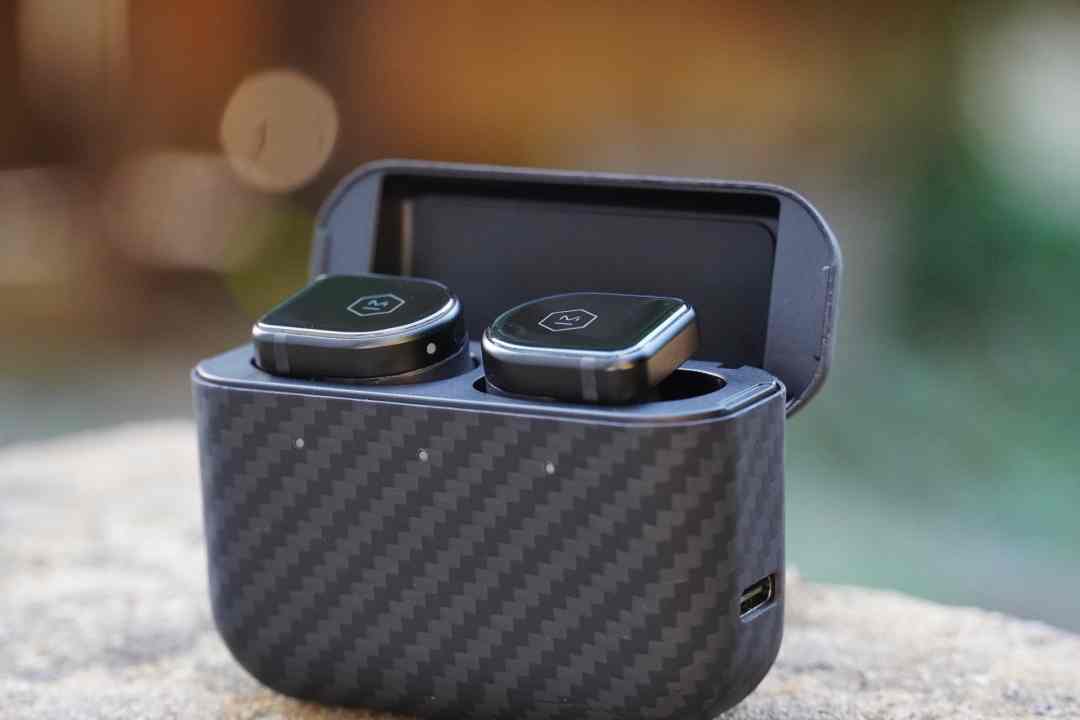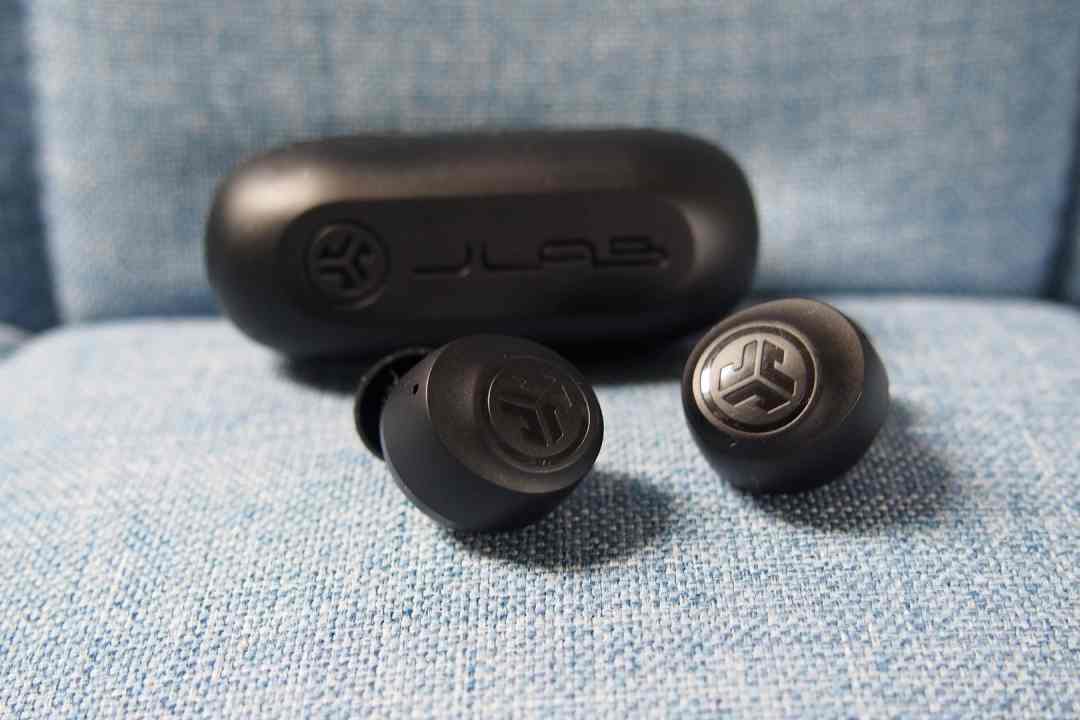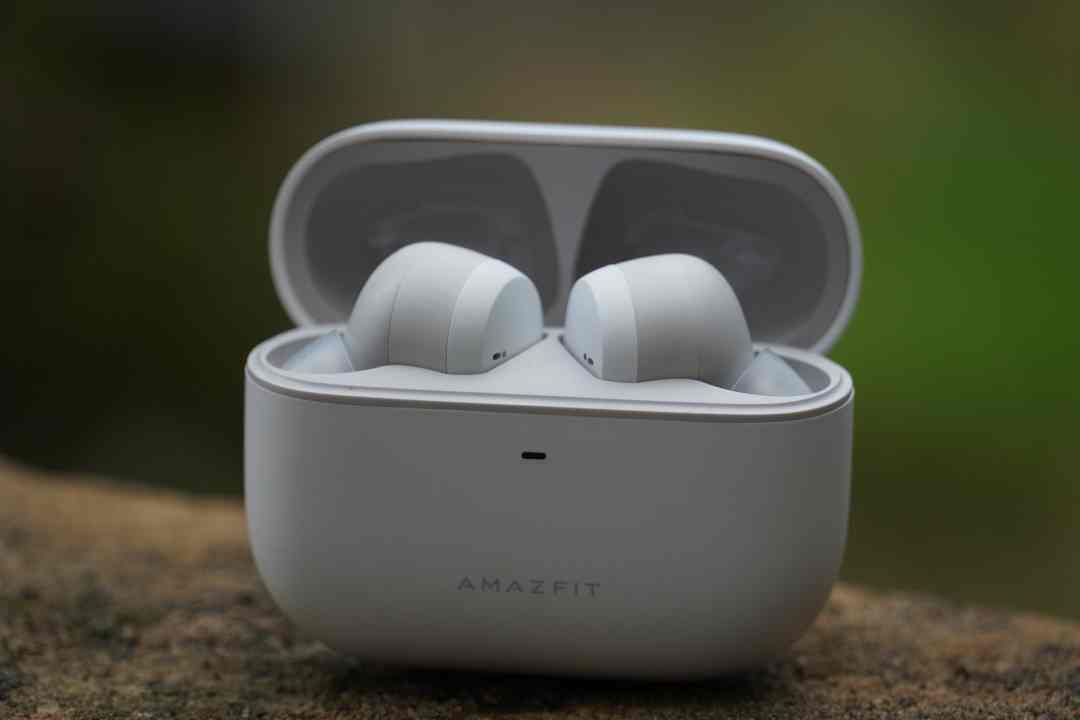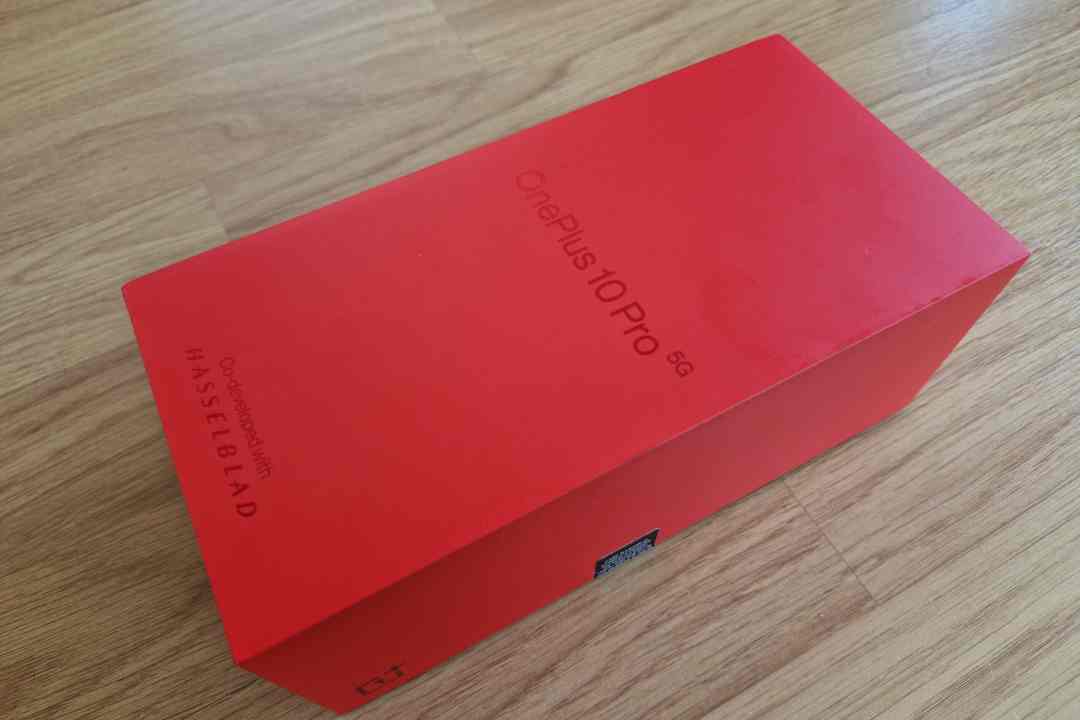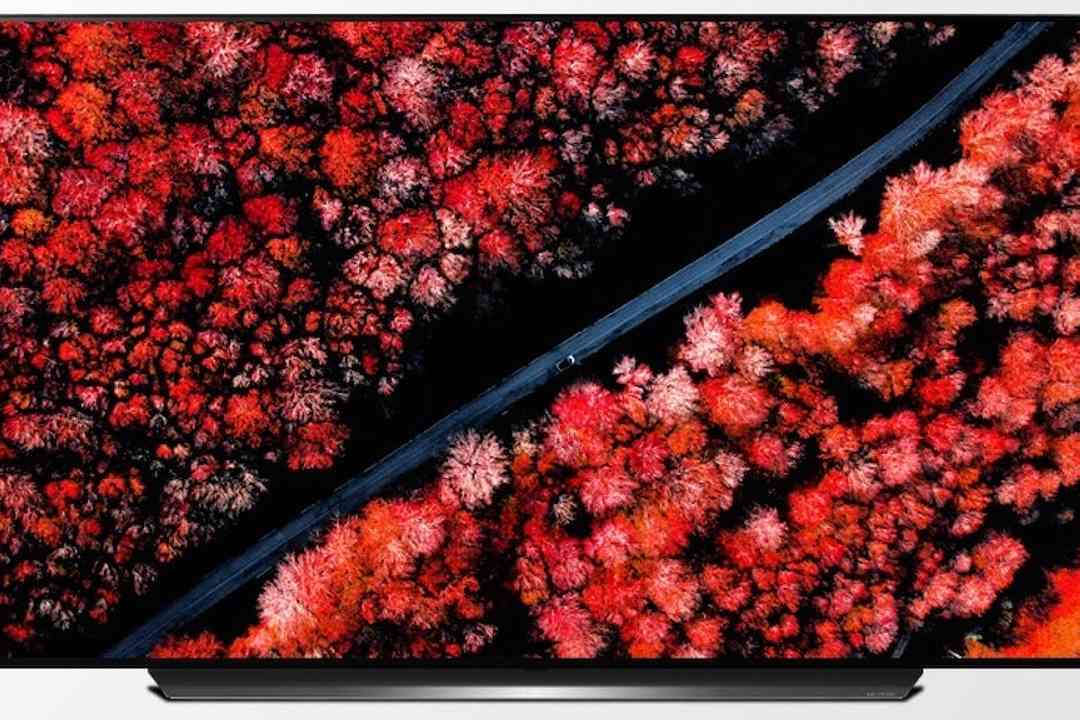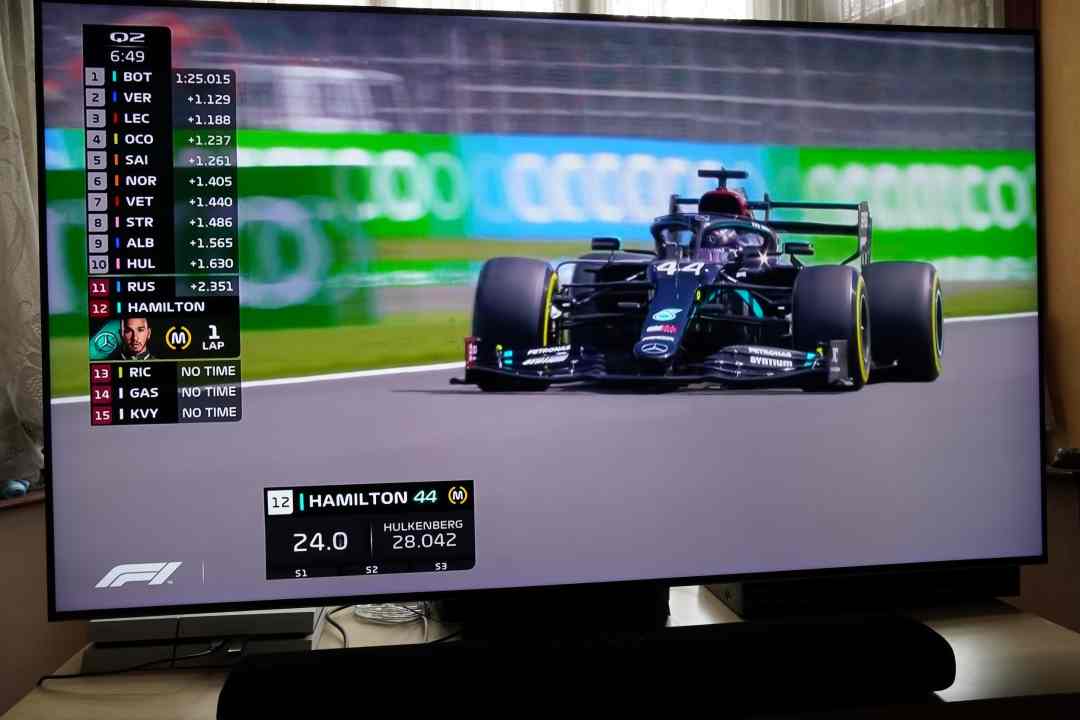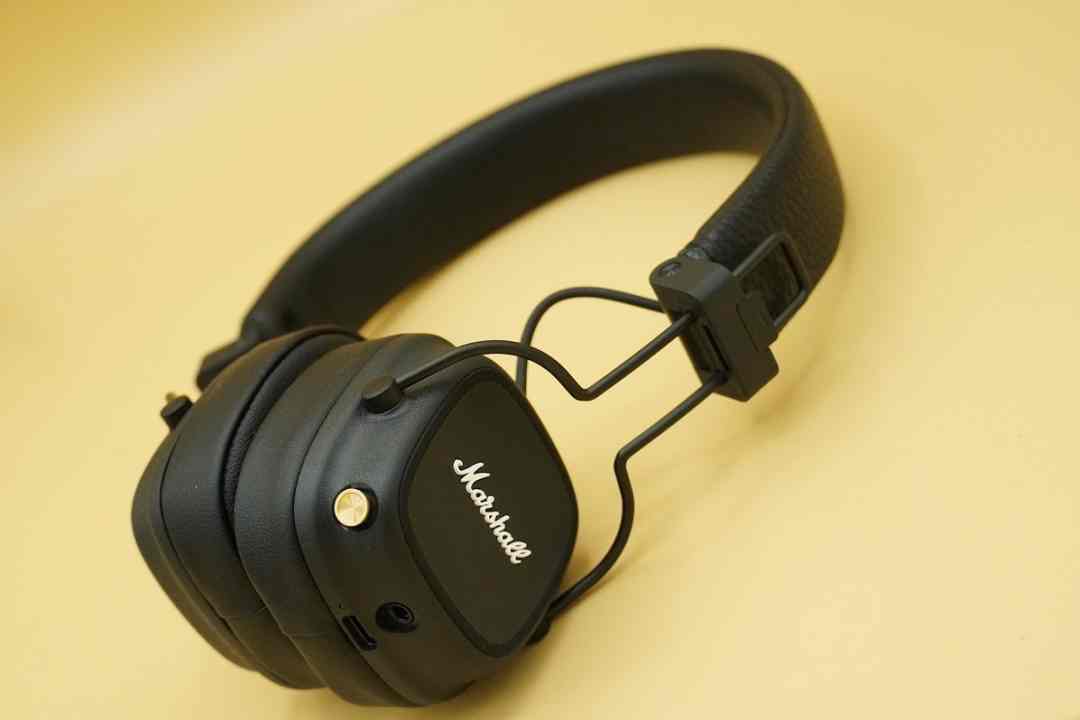
The Major IV are an enjoyable pair of on-ears, offering some solid improvements over the previous model. The battery life is huge, the sound quality is engaging, and build quality should help them survive plenty of scrapes. It’s hard to not warm to the Major IV’s character.
Pros
- Good, engaging sound
- Rugged build quality
- Long battery life
- Comfortable to wear
Cons
- Not the widest soundstage
- Design allows outside sound to leak in
Key Features
-
Wireless charging Supports wireless charging with a compatible pad
-
Battery life Long-lasting battery life of around 80+ hours
-
Sound sharingThe 3.5mm cable can be used to connect to another set of headphones to share music
Introduction
Another month and we see another Marshall product. Between 2020 and 2021, Marshall has released a spate of new products that include an ANC headphone, smart speaker, portable speaker, true wireless and now a new set of on-ears in the Major IV.
The Major IV on-ear headphones are an update on the Major III, sticking with the same aesthetic but delivering a big boost in the battery department by a massive 50 hours.
So the Major IVs boast the brand’s iconic look, bigger battery life and come in at the same price as the previous model. Are we hooked on that Marshall feeling?
Availability
- UKRRP: £129
- USARRP: $149
- EuropeRRP: €149
- CanadaRRP: CA$219
- AustraliaRRP: AU$249
Design
- Nice to use
- Comfortable to wear
- Nose isolation isn’t as good as other headphone types
The look of the Major IV differs little from the Major III in a wider sense – but that hasn’t stopped Marshall from claiming a few tweaks.
The area where it’s most evident is with the ear-cups. Marshall says it’s used softer padding that moulds itself to the ear for increased comfort. Without the previous model to hand, I can’t speak to whether that’s a merited change – but, nevertheless, the Major IV headphones are very comfortable to wear.
This isn’t always the case with on-ears, which can warm up the ears or pinch, but I’ve suffered none of those issues with the Major IV. At 165g they’re light, and despite the use of hard plastic, they don’t feel cheap or disposable. Although they’re only available in black, you can likely expect Marshall to release a few different colourways in the future.
The headband produces enough pressure for the Major IV headphones to stay glued to the head. Once a good fit has been found, the Major IV’s natural noise isolation is decent enough to at least mask the footsteps of someone behind you while keeping the wearer aware of what’s around such as traffic. In environments where there’s lots of noise, there is a struggle to hear audio.
They look less blingy and the faux-leather look is less evident than the previous model. The cushy headband is both sturdy and springy, with some flexibility to fit bigger shaped heads too.
Since Marshall doesn’t supply a hard case or pouch bag with the Major IV (just 3.5mm and USB-C charging cables), you could chuck these headphones into a bag with the rest of your stuff.
The only other design element of note is the gold multi-directional control dial, which continues to be an intuitive way of operating Marshall’s headphones. Using it grants control over playback, track skipping, volume and power on/off. You can also reject, answer and end calls with the dial.
Features
- Super-long battery life
- Wireless and fast-charging support
- 3.5mm cable can be used to share music with another headphone
On-ears don’t tend to offer as many features as their over-ear cousins, but that doesn’t mean what features are present on the Major IV aren’t worthy of interest.
For one, the Major IV offer super stamina. Thirty hours is usually the benchmark, but the Major IV go beyond with a quoted 80+ hour figure, so there’s little reason to manage battery life with this set of headphones.
If, somehow, you find yourself short of battery, then the Major IV support fast-charging (15 minutes for a mammoth 15 hours), while there’s wireless charging support, too – a feature I haven’t often seen in headphones that aren’t true wireless. A charging pad isn’t supplied with the Major IV, so there’s just a USB-C charging cable for charging purposes.
There are no built-in smarts but a double-tap on the control dial is meant to bring up the digital assistant on your mobile device (Alexa, Google, Siri etc). It can, however, start or pause playback instead. What’s needed is a slightly slower double-tap rather than a quick one to (sort of) mitigate the issue.
One other feature is using the 3.5mm cable to plug into another set of headphones and share your music. The cable is long enough for it not to turn into a ‘Lady and the Tramp’ situation, but I can imagine it being awkward unless you’re both sitting down. It does work, however; although it seems to work best with Marshall headphones (I used it with the Monitor II A.N.C). Signal noise seems prevalent if you try with another brand.
Wireless connectivity is fairly up to date with Bluetooth 5.0, and over testing the connection has been reliably solid. The only issue was walking through Waterloo train station, where the signal didn’t drop completely, but there was a sense of music phasing in and out as the connection tried to stabilise itself.
Sound
- Enjoyable bass performance
- Well-balanced, energetic presentation
- Slightly narrow soundstage
Where audio is concerned, the Major IV pick up where the Major III left off. It’s a performance that can be affected by the fit of the ear pads. If the fit is loose or they don’t cover the ears properly, the Major IV’s crisp tone can usher in harshness and potential sibilance.
The Major IV deliver few surprises if you’ve ever listened to a pair of Marshall headphones before. Outputting through their 40mm dynamic drivers, the mid-range is fairly crisp in tone, high notes are well defined and sharp, while bass is surprisingly big for an on-ear pair.
In fact, bass on the Major IV is more pronounced than on the Status BT One, a pair of on-ears I enjoyed from a few years back. If bass is a requirement, the Major IV produce a performance that’s easy on the ears, smooth in its definition, as well as being big and punchy.
And bass doesn’t spoil or compete with the mid-range for attention, either. There is – for lack of a better word – a solidity to the sound that make the BT One sound comparatively thinner.
A play of Patrice Rushen’s Forget Me Not, the bouncy beat is more vibrantly conveyed and engaging with the Marshalls – there’s a sense of fun here that can’t be heard as much on the Status.
Despite that, the width of the soundstage isn’t quite as expansive as the BT One, and although the Major IV’s performance doesn’t come across as congested, the result is a little more clarity and subtlety in the favour of the BT One, as well as more room to breathe.
That said, there isn’t a huge amount of difference in terms of the mid-range performance when playing Tom Morello’s cover of Voodoo Child. The Marshall exhibit a good sense of dynamism, so the track has that flow of quiet to loud – and vice versa – that engages, while the crisp tone gives the guitar riffs sharpness and energy. The clarity of the Major IV actually works well across a host of musical genres, although that narrow soundstage makes orchestral soundtracks feel less expansive.
Although the Major IV sound fairly well balanced, the Marshalls don’t concern themselves with outright fidelity. It’s the reason I prefer the BT One’s more measured performance, although give the Marshalls higher quality tracks and some of the issues I’ve noted fall away. Nevertheless, the Major IV are a fun pair of on-ears with a personality that you can’t help but like.


